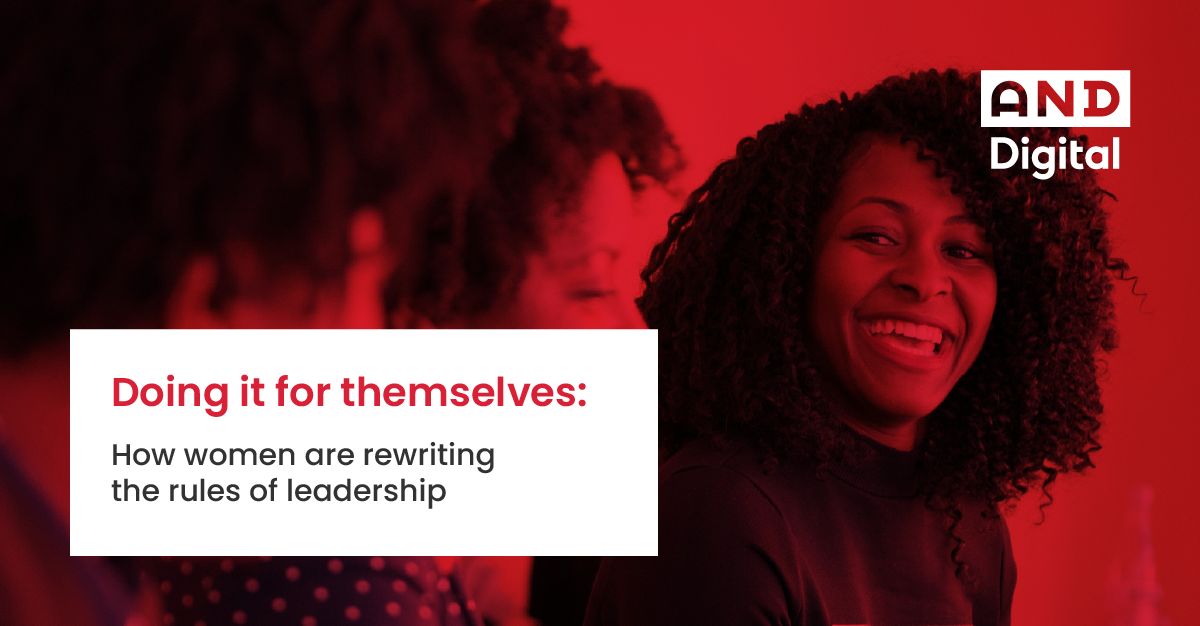As International Women’s Day approaches, US technology businesses are changing for the better, with promotions and professional opportunities on the rise, according to 84% of women leaders.
The results, contained in a major new report from AND Digital, the global technology consultancy and published ahead of International Women’s Day (IWD) also revealed that women felt increasingly supported and empowered in leadership roles, particularly in the technology industry.
The report, entitled Doing it for themselves: How women are rewriting the rules of leadership saw 310 female technology leaders in the US discuss the challenges and opportunities they face in their day-to-day roles.
In an interview with TechBullion discussing the role mentoring can plan in building a strong workforce, Linda Benjamin, VP, AND Digital said: “Mentoring can be a valuable aspect of developing future female leaders, but it’s not the only answer.
Benjamin continued, “While occasional mentoring sessions can provide insights, true growth comes from managers who are genuinely invested in their team’s potential and actively nurture individual talents. In my experience, female leaders excel at this type of management.”
When asked about the impact AI might have on these opportunities, she said: “I am optimistic that a more diverse workforce can result from the introduction of AI tools and technologies but this will require organizations to intentionally and proactively invest in developing AI based practices so all employees everywhere can get involved and benefit.”
The research also found that impressive 90% of women leaders said they agreed with the statement “I enjoy being a tech leader.” Meanwhile, an additional 83% said they felt they had succeeded in their role as a technology leader.
Respondents to the survey also highlighted the increased opportunities for flexible working. An impressive 82% said their workplace supports and promotes a positive work-life balance.
However, the research also revealed that the majority of women leaders felt more work needed to be done to create a more equal culture in the workplace, citing barriers to progression. For example, 73% said they felt their organization could do more to make the workplace better for women in leadership roles.
When asked to explain some of the issues preventing women from progressing in their careers, 76% said they had encountered challenges to becoming a leader in the workplace. Examples cited include facing extra scrutiny, a lack of respect from men, struggling to have work recognized, and male colleagues with less experience benefiting from promotions.
The research also revealed that gender discrimination is still prevalent, with 41% saying they had witnessed it in the workplace. Meanwhile, 40% said they had experienced it.



































